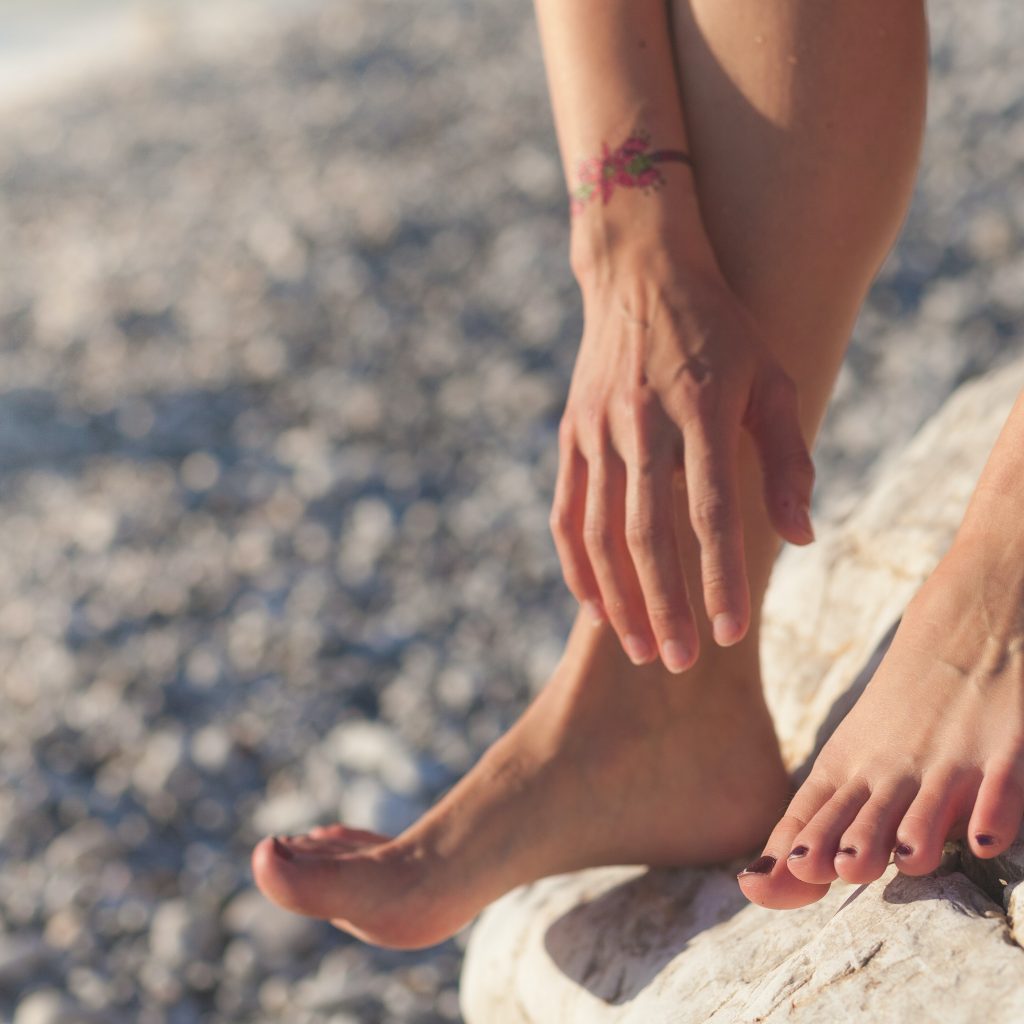School’s almost in and summer’s almost out! It’s time to start buying those last back-to-school essentials ready for the new term. But, how do you pick the perfect school shoes for your child? In today’s post, we’ll be giving you our top tips.
It’s really important that your child has well-fitting school shoes. After all, they’ll likely be wearing them for six hours or more every single day. So being comfortable and safe, should be the main priority over what’s fashionable. We know: it can be a battle when our children want to wear the latest style or match their friends. But years down the line, we promise they’ll be thanking you for putting their health first.
How do you pick the perfect school shoes for your child?
First of all, we always recommend that your child gets properly fitted for their school shoes. Or any shoes for that matter. Whether your child has an existing foot problem or you simply want to ensure you’re making the best choices, we can help.
If you’re not sure if your child has existing conditions or may need the help of a podiatrist, there are a few telltale signs to look for:
- Does your child trip over or fall often?
- Does your child walk with in-turned feet?
- Do the soles of your child’s shoes show more wear on one shoe than the other?
- Does your child ever complain about foot pain/discomfort, or pain/discomfort in their ankles or legs?
If you answered ‘yes’ to any of the above, then it’s a great idea to make an appointment with your local podiatrist for a consultation.

How can a podiatrist help with my child’s feet?
It’s always best to spot any foot issues early on so any treatment or advice can be issued. It may be that your child needs orthotics to help their foot remain properly supported in their footwear, or it could even be that your child has an ingrown toenail that needs treatment to make them feel more comfortable in their shoes again. Whatever the reason, a podiatrist is a trained professional who will be able to assess your child’s feet and ensure their needs are taken care of.
General rules for picking the perfect school shoes
If you don’t feel that you need to visit a podiatrist right now, that’s absolutely fine. Instead, read some of our tips below to help you make the best choice.
- Get your child’s feet measured properly at a reputable shoe shop
- Ensure shoes aren’t too tight, or too loose
- Don’t follow fashion: follow the correct fit
- Make use of inserts where needed to provide extra cushioning and support
- If in doubt, visit your local podiatrist who will be able to help and advise you
Ready to book an appointment?
Call us today on 01226 759660 or contact us here.








